EPFL Mastodon Instance
Feb 26, 2025
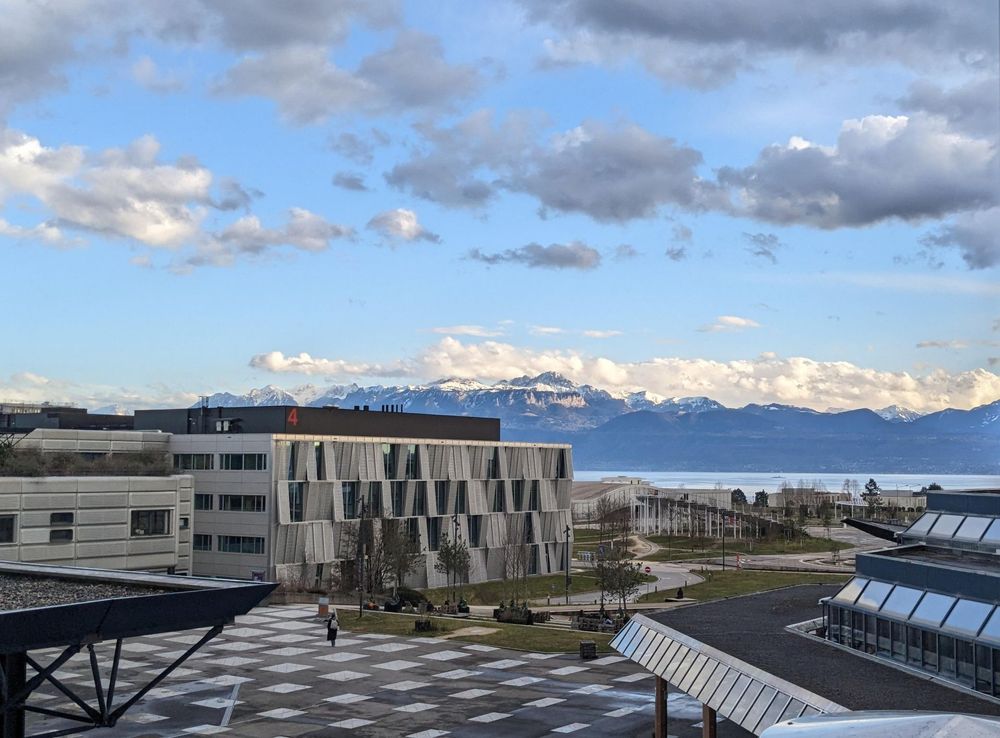
Last week, EPFL announced in its official news channel that it had launched a Mastodon server (social.epfl.ch) for its academic community, choosing this platform because it aligns with its open science values and offers independence from corporate-controlled social media.
Although I've been away from traditional social media platforms for some time, I welcome this initiative and really hope it succeeds. The decentralised nature of Mastodon, combined with transparent algorithms and user privacy, offers a refreshing alternative to mainstream platforms. Additionally, it's really nice to see the EPFL supporting high impact open source projects.
Sunset at the Gartenbad Eglisee
Feb 23, 2025
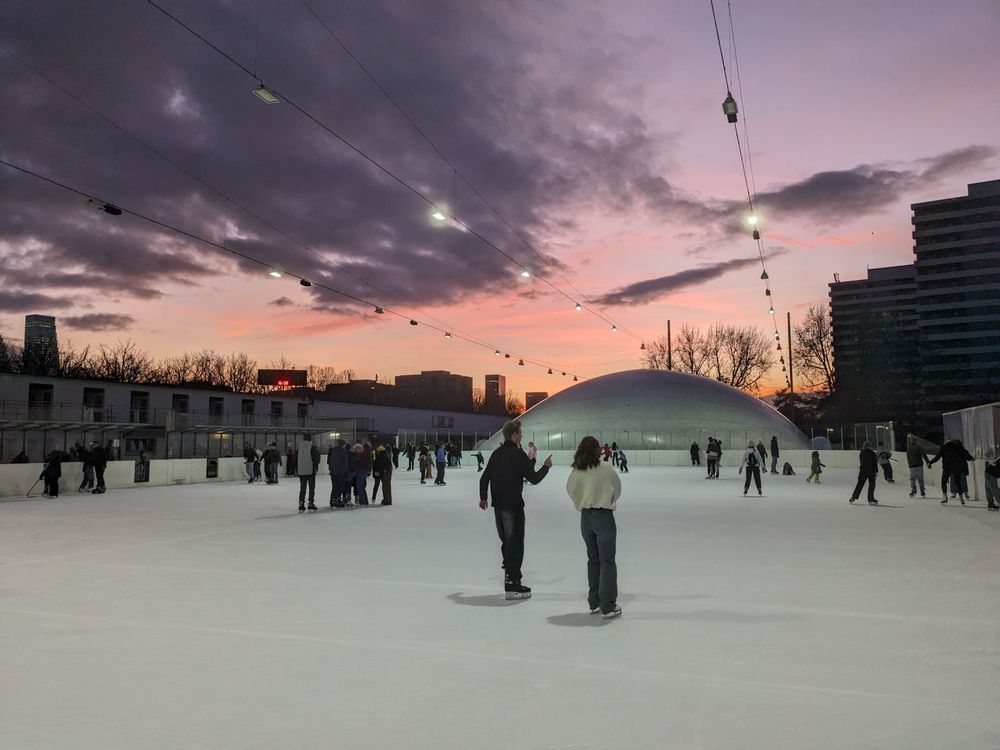
During the Christmas season, we went to the Gartenbad Eglisee ice rink a couple of times and had a great time skating for hours each visit. On one of those occasions, just as the sun was beginning to set, I managed to capture this picture, with beautiful colors painting the sky above the rink, as you can see in the previous photo.
89 seconds to midnight
Feb 15, 2025
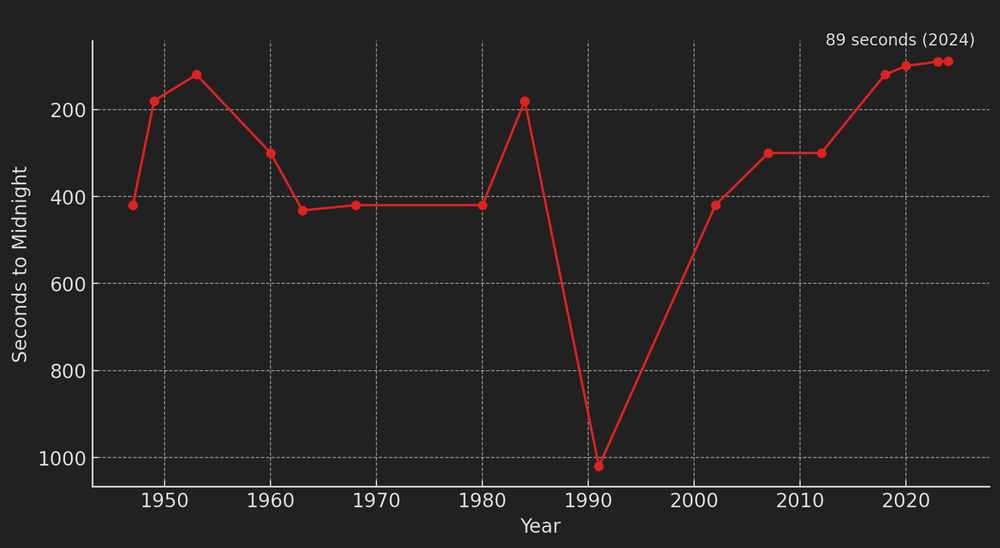
According to the Bulletin of the Atomic Scientists, the Doomsday Clock is now at 89 seconds to midnight, the closest ever, due to escalating global threats. Key factors include nuclear tensions from Russia’s war in Ukraine and expanding arsenals, climate change with record-breaking temperatures, biological risks like pandemics and bioweapons, AI-driven threats including autonomous weapons and disinformation, and geopolitical instability from U.S.-China tensions and Middle East conflicts. These risks highlight the urgent need for international cooperation, diplomacy, and climate action to prevent global catastrophe.
The first time I heard about this Clock was five years ago, when it was already at 100 seconds to midnight. In just five years, the situation has become even more dire, with the clock moving closer to catastrophe. This alarming trend underscores the need for even more urgent intervention to address these growing threats.
Einstein chilling in a Bernese bench
Dec 18, 2024
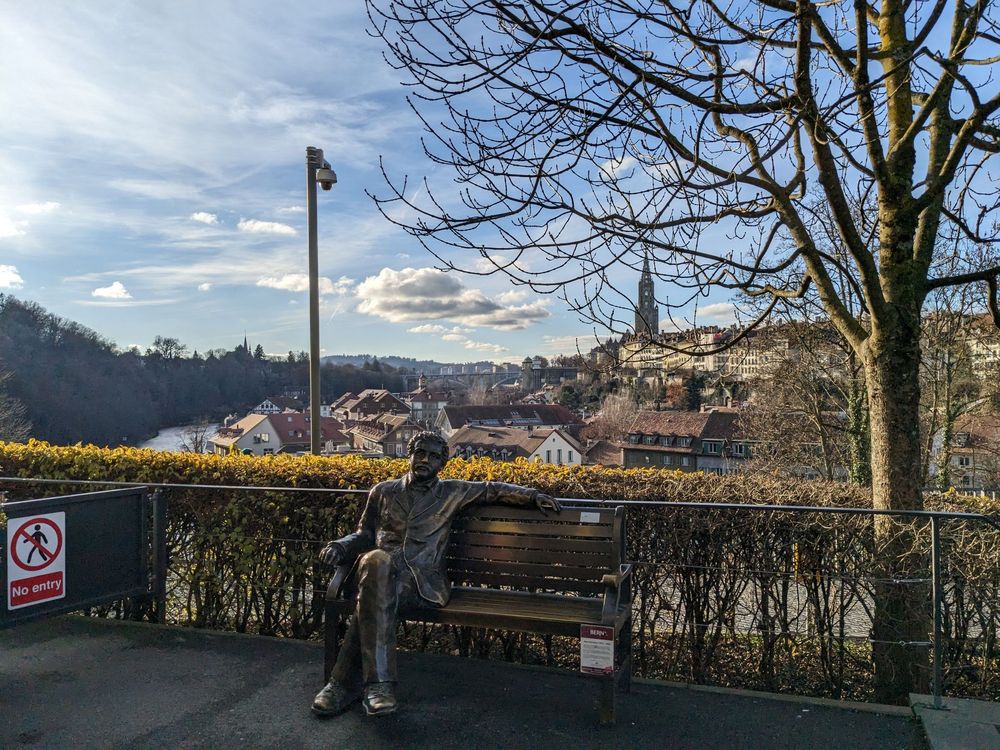
The history of the famous German physicist Albert Einstein is closely intertwined with that of the renowned Swiss city of Bern. It was here, in 1905, while working at the patent office, that Einstein published four groundbreaking scientific papers that changed the course of modern physics: the photoelectric effect, Brownian motion, the special theory of relativity and the iconic equation (E = mc^2).
Many years ago, when I visited Bern for the first time, I had the opportunity to visit the Einstein House, a museum located in the apartment where Einstein lived during his time in the city. However, last weekend, I discovered something new: the bench near the Bear Pit that I had passed many times also features a statue of the famous physicist. Quite fascinating!
Basel Winter Wonderland
Nov 24, 2024
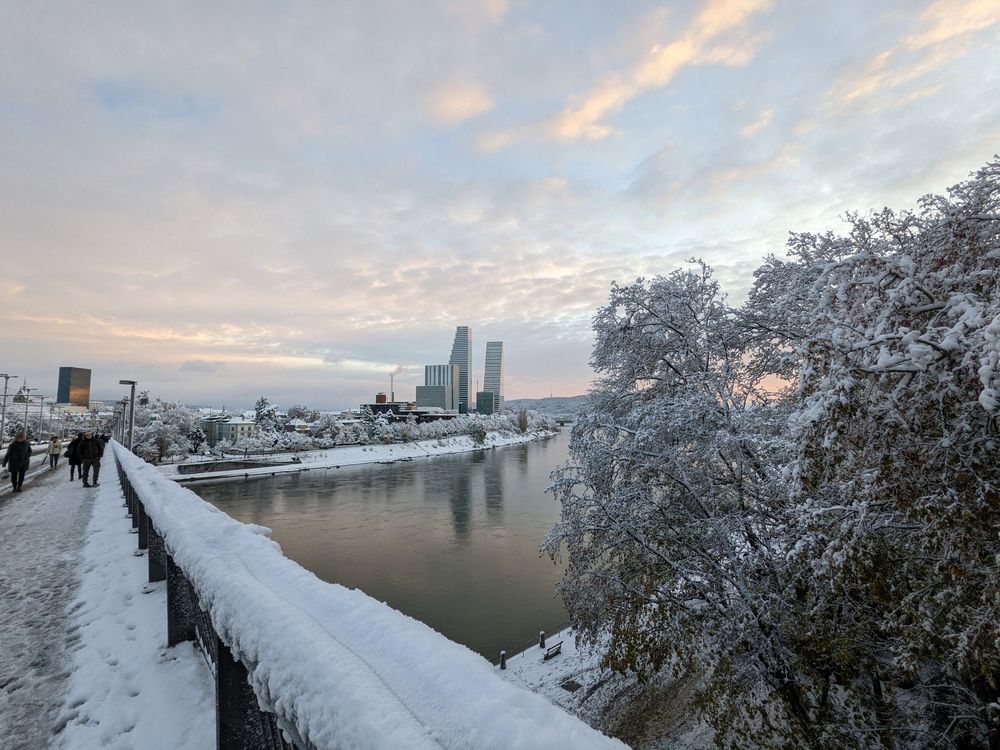
A couple of days ago, winter came early to Basel, and out of nowhere, the city turned into a winter wonderland. Snow was falling throughout the day and night, and the next day, the city was completely covered in white. It was so sudden that the city was not prepared for it; as a result, many tram lines were not working, and the streets were full of snow. The snowplows were out and about, trying to clear the streets, while people walked around in their winter jackets and boots.
Nevertheless, it was a beautiful sight to see! I took a walk through the city and captured some pictures, like the one above, taken over the Rhine River, next to the Wettstein Bridge. I always love the sight of snow falling and the city covered in white—it is so peaceful and quiet. Walking on fresh snow is always enjoyable, especially with the crunching sound under your feet.
Next page